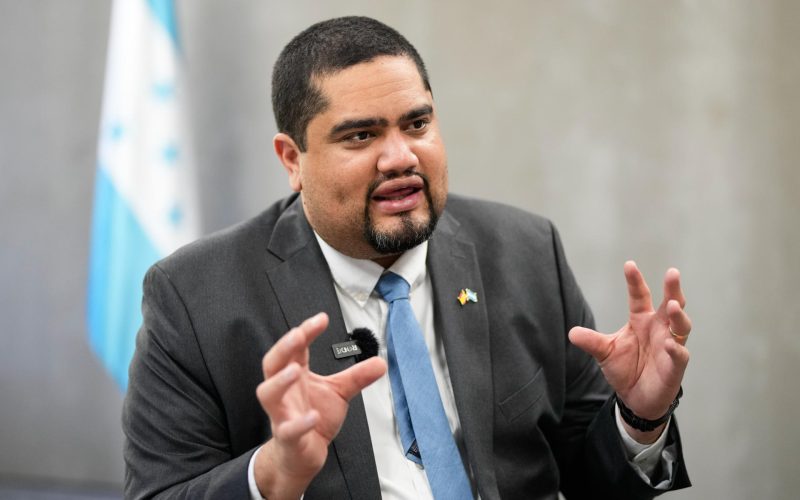Two months have elapsed since a video surfaced featuring LIBRE deputy Isis Cuéllar and the former Minister of Social Development, José Carlos Cardona, discussing the utilization of public funds for political campaigning, yet there has been no evident advancement in the investigation or sanctions. This inaction has maintained the matter in public discourse, amid calls from citizens for enhanced transparency and accountability.
The clip and its influence on politics
The audiovisual material, leaked in early June, shows both officials directly linking state resources to the promotion of the ruling party. The incident gained relevance by calling into question the official discourse on the fight against corruption, a recurring theme in the campaign promises of LIBRE and the current government.
The political repercussions have been immediate. The accusation against a sitting congresswoman and a former minister places the relationship between the legislative and executive branches at the center of the discussion, as well as the institutional limits on the use of public assets. Analysts have pointed out that this case highlights the tensions between anti-corruption rhetoric and political practices, weakening the credibility of institutions at a time of polarization.
Responses and inquiries regarding institutional matters
Following the leak of the video, various political and legal actors expressed concern about the lack of diligence in the process. Legal experts and analysts argue that the absence of a clear investigation reflects a pattern of complacency toward figures close to the upper echelons of power. This perception fuels mistrust in the state’s ability to prosecute cases involving high-level officials.
Institutional silence is widely interpreted as an obstacle to the legitimacy of official promises. In this scenario, social demands for punishment for corruption find no visible response, reinforcing the perception of impunity.
Difficulties in governance
The Cuéllar-Cardona case is part of a broader picture in which corruption continues to be a factor of political and social instability. Public pressure, in the form of demonstrations and growing public debate, reveals a malaise that could widen the gap between society and institutions.
The ongoing nature of these incidents erodes trust in governance and hinders attempts to bolster democratic institutions. Additionally, it emphasizes the importance of creating more efficient systems for monitoring, supervision, and accountability to guarantee that public funds are managed openly and according to legal standards.
A scenario awaiting resolution
Two months following the release of the video, the proceedings persist without any definitive outcomes. The elapsed time with no advancement contributes to a sense of impunity while simultaneously sustaining pressure on the government and the ruling party.
The result of this situation will serve as an evaluation of Honduras’ ability to address claims of corruption linked to officials in power. In an environment marked by significant division and skepticism, the outcome will directly affect the bond between the public and the government and influence the future course of the fight against corruption.




